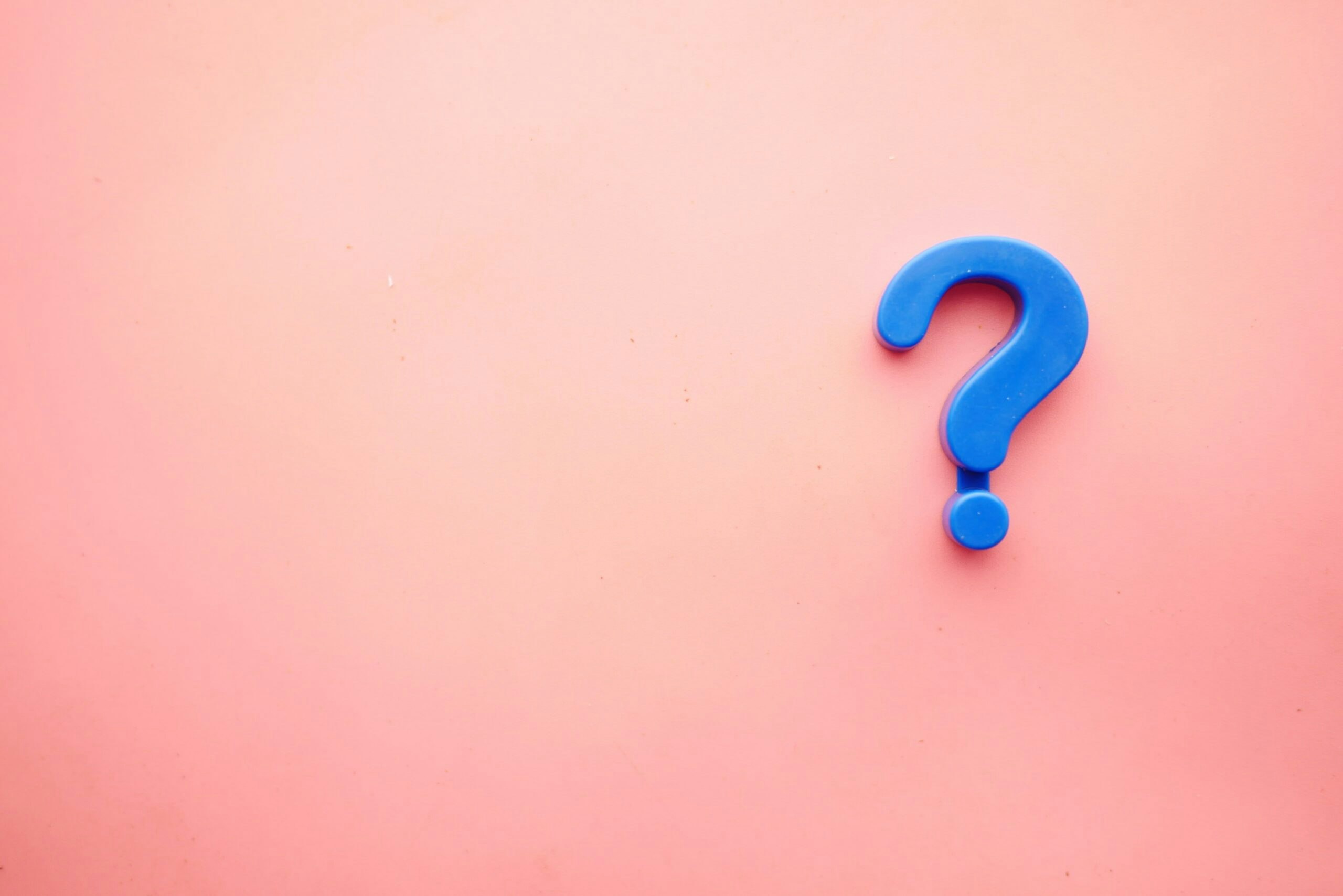Nutrition and Cancer FAQs: Part One
Apr 12, 2022
Share

Many patients cancer asks what is the best diet for cancer? As a helpful resource to our current and future OncoPower members, we are going to be assembling past ‘Frequently Asked Questions’ on nutrition and cancer and posting them occasionally on our blog. We hope these FAQ’s will serve as a reference point for anyone with similar questions and act as a spark for new conversations on related topics. Please feel free to consult our Registered Dietitians using our Ask-A-Doc service for any follow-up questions you may have, we are here to provide cancer support!
Q: Does eating organic food help cancer treatment?
A: Organic foods are raised with a very strict set of rules about pesticide use, land management, and other farming practices. There is very limited data to say that organic foods are any different or better from conventional foods. It is true that conventional foods do contain some pesticide residue, however this is monitored by the FDA and USDA to make sure it is within safety limits. Some research shows that organic foods have higher antioxidant content than conventional foods, however it has not been shown that the difference is significant to health. For cancer prevention and treatment, it is more important to eat a high amount and a wide variety of fruits and vegetables, than worrying about whether they are organic or not.
Q: Should you stop eating meat during chemotherapy?
A: All of our best research says that a plant-based diet, or one that is moderate in animal products reduces inflammation and cancer risk. There is strong data to suggest limiting or eliminating red and processed meats from your diet is key to cancer prevention. There is not any similar data on poultry like chicken and turkey, or fish. In fact, cold-water fatty fish like salmon and mackerel are high in omega-3 fatty acids which can reduce your inflammation levels. When you are undergoing chemotherapy, the goal of nutrition therapy shifts a bit to maintaining nutrition and muscle status while minimizing nutrition-related symptoms – animal proteins are sometimes the best bet for this. You should feel comfortable eating moderate portions of poultry and seafood, about the size of a deck of cards, at any meal.
Q: Is raw, blended fruit and vegetable juice OK during chemotherapy?
A: Juicing is something that is very common and popular, because it is so much easier when you don’t have an appetite to drink your fruits and veggies than eat 5-7 servings a day. That being said, drinking a juice is not quite the same as eating a big salad – you’re missing out on most of the fiber, the satiating effect of chewing, the fullness sensation. Generally speaking, you can juice as long as you make sure you are balancing the fruit and vegetables to avoid too much sugar – its very easy to overdo it and drink too much sugar at once.
You always should check with your doctor to make sure raw foods are approved if you are immunocompromised, and as always, make sure to practice good food safety by washing your fruits and vegetables well before use. Juicing can be one way to increase your produce intake, but it should not be the only way.
Q: Can I drink Ensure supplement as a stage 4 colorectal cancer patient?
A: Ensure is an oral nutritional supplement, designed to be an addition to healthy foods not necessarily designed to be the only thing you are taking in. It is usually used when people are having really poor appetite, maybe they are suffering from certain side effects, or maybe their metabolism is just super high and they need the extra calories. So I would say that you definitely need to eat food in addition to those supplements, focusing on an overall anti-inflammatory diet, but that any oral nutrition supplement can be a good addition to help make sure you are meeting your overall calorie needs during cancer treatment. Trying to find a brand that contains good quality ingredients, like Orgain or Kate Farms, can improve your inflammation level as well.
Q: Is high dose vitamin C good for cancer?
A: Vitamin C is an antioxidant that fights against free radicals that cause damage to the DNA in our cells. I would caution against taking large doses of any vitamins. Because it is an antioxidant, the mechanism that it works by can sometimes interfere with different cancer treatments. So if you are on a specific treatment and you take high doses of vitamin C it can make the cancer treatment less effective. Your body doesn’t need mega doses of anything, it needs just the right amount of everything.
But if Vitamin C is something that you are worried about, you can always eat food sources that are high in Vitamin C like strawberries, red bell peppers, oranges, and broccoli. With these food sources, your body will only absorb as much as you need plus you will get the benefits of fiber and other phytonutrients that are in the foods. Vitamin C is water soluble, so if there is extra you just urinate out the extra – but mega-does of antioxidants are not necessary and could be unsafe.
We’ll be posting more FAQs in the coming weeks, but for now join our community at OncoPower and enjoy support for other members, advice from cancer care specialists, mindfulness practice and more!
Trusted by cancer patients around the world.
Joan-Smith
Virginia, United States
ChuckHastings
Florida, United States
DebraPearl
Pennsylvania, United States
Jennweeks
Iowa , United States
PatrickDW
Western Cape, South Africa
Jamie-Alexander
Floroda United States
CJ
Liz
Florida, United States
NYCynthia
New York, United States
Ferdi
California, United States